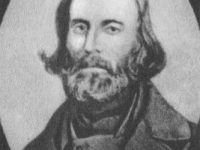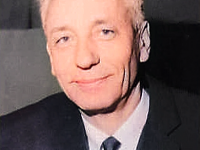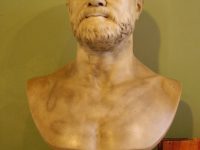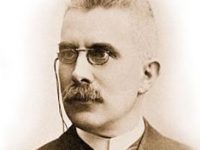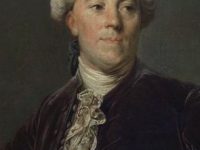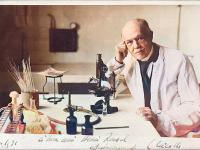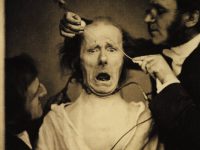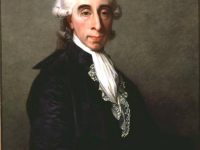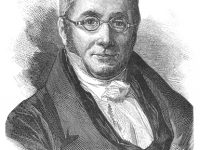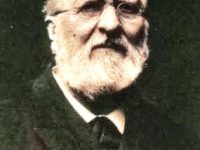Auguste Laurent and Organic Chemistry
On November 14, 1807, French chemist Auguste Laurent was born. Laurent developed organic chemistry as a distinct science. For a while, he assisted Jean Dumas, and extended his work, understanding organic compounds as derivatives of hydrocarbon molecules. He devised a systematic nomenclature for organic chemistry based on structural grouping of atoms within molecules to determine how the molecules combine in organic reactions. Youth and Education Auguste Laurent was born in the district…
Read more

